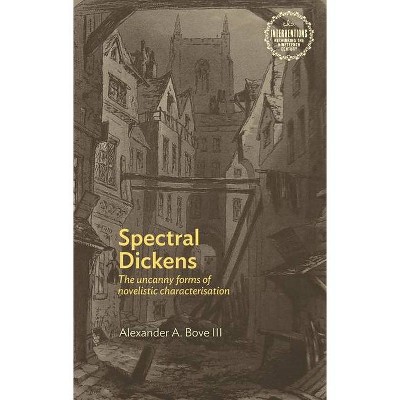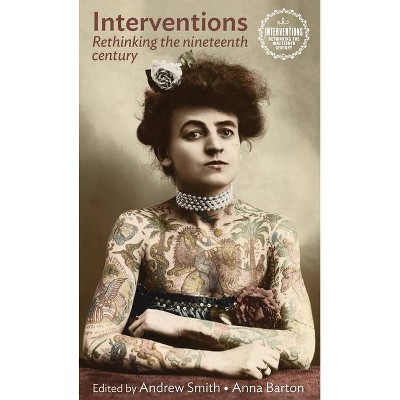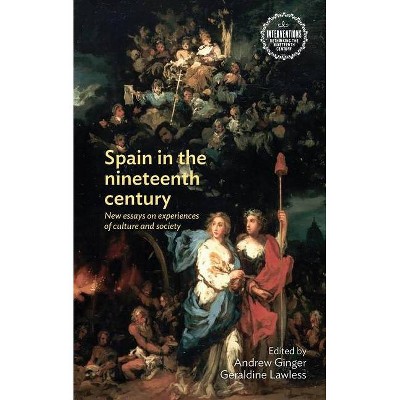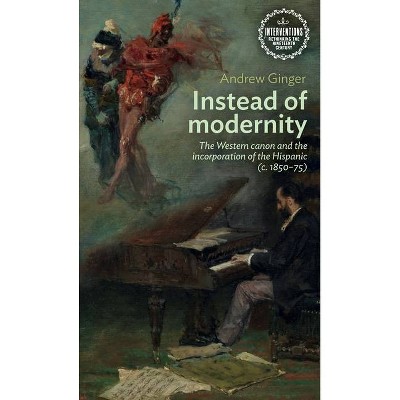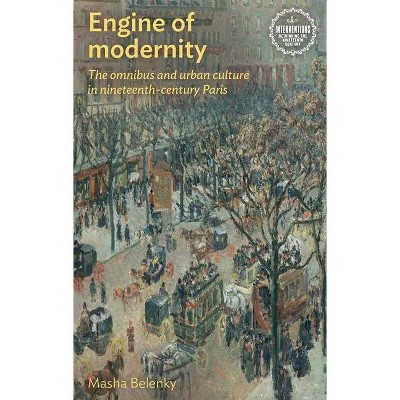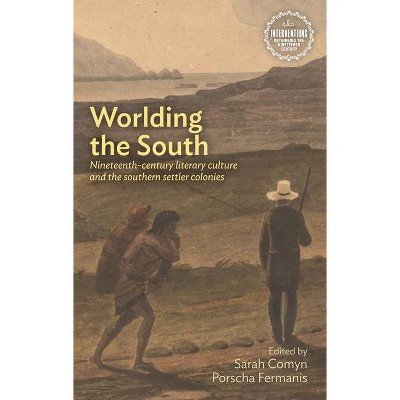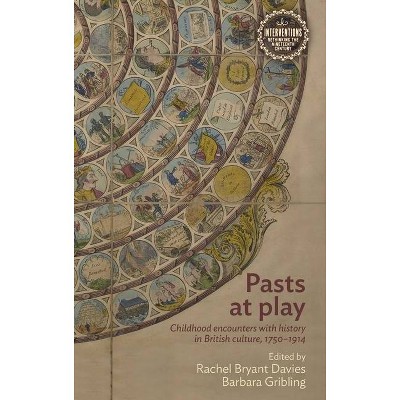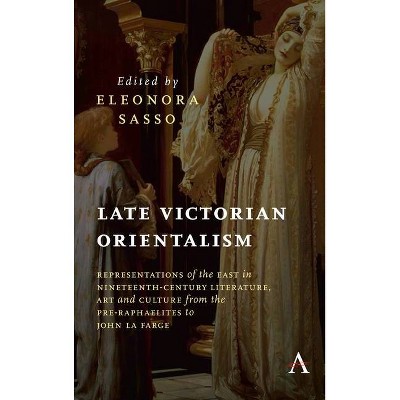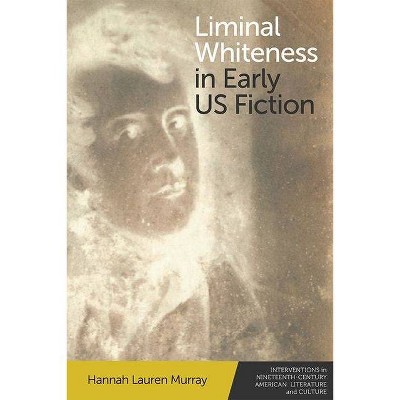The Penny Politics of Victorian Popular Fiction - (Interventions: Rethinking the Nineteenth Century) by Rob Breton (Hardcover)
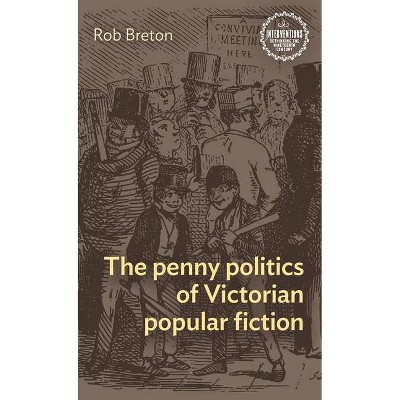
Similar Products
Products of same category from the store
AllProduct info
<p/><br></br><p><b> About the Book </b></p></br></br><i>Penny politics</i> explores how and why Victorian popular literature from the 1830s and 1840s appealed to politicised, intermittently radicalised working-class audiences by supplementing its violent, counter-cultural entertainments with openly political content.<p/><br></br><p><b> Book Synopsis </b></p></br></br><p>Penny politics</em> examines the way Victorian popular literature from the 1830s and 1840s attempted to appeal to working-class audiences by including overtures to radical and at times explicitly Chartist politics.</p><p><br></p><p>The book challenges the approach to 'low life' or crime literature that sees it as merely rejecting polite, respectable culture. Rather, this book argues that the authors of Jack Sheppard</em> and Sweeney Todd</em>, for example, sought to augment the size of their audiences by making entertainment out of the languages of class and class conflict popular in the radical or Chartist press. Cheap, popular literature, however sporadically and casually, looked to the popularity</em> of Chartism and its republican energies to help define its place in the market. Penny politics</em> reads this fiction's representations of workplace grievances, martyrs and underdogs, and dissonant crowds in search of a purpose as radical acts in themselves, feeding public resentment and making the case for extreme forms of political remediation. Though the image of working-class agency and fantasy of social vengeance that popular literature would sell for cheap was not always explicitly lending support to the radical politics of the day, Chartism, early Victorian popular literature made social anger available to its audiences - potentially the same audience reading the Chartist papers - so as they might do whatever they wanted with it.</p><p><br></p><p>With its grounding in Chartist studies and theories of radical culture, Penny politics</em> offers an essential re-reading of Victorian popular fiction.</p><p/><br></br><p><b> From the Back Cover </b></p></br></br><i>Penny politics</i> examines the way Victorian popular literature from the 1830s and 1840s attempted to appeal to working-class audiences by including overtures to radical and at times explicitly Chartist politics. The book challenges the approach to 'low life' or crime literature that sees it as merely rejecting polite, respectable culture. Rather, this book argues that the authors of <i>Jack Sheppard</i> and <i>Sweeney Todd</i>, for example, sought to augment the size of their audiences by making entertainment out of the languages of class and class conflict popular in the radical or Chartist press. Cheap, popular literature, however sporadically and casually, looked to the <i>popularity</i> of Chartism and its republican energies to help define its place in the market. <i>Penny politics</i> reads this fiction's representations of workplace grievances, martyrs and underdogs, and dissonant crowds in search of a purpose as radical acts in themselves, feeding public resentment and making the case for extreme forms of political remediation. Though the image of working-class agency and fantasy of social vengeance that popular literature would sell for cheap was not always explicitly lending support to the radical politics of the day, Chartism, early Victorian popular literature made social anger available to its audiences - potentially the same audience reading the Chartist papers - so as they might do whatever they wanted with it. With its grounding in Chartist studies and theories of radical culture, <i>Penny politics</i> offers an essential re-reading of Victorian popular fiction.<p/><br></br><p><b> About the Author </b></p></br></br>Rob Breton is Professor of English literature at Nipissing University
Price History
Cheapest price in the interval: 120.99 on October 27, 2021
Most expensive price in the interval: 120.99 on November 8, 2021
Price Archive shows prices from various stores, lets you see history and find the cheapest. There is no actual sale on the website. For all support, inquiry and suggestion messagescommunication@pricearchive.us
